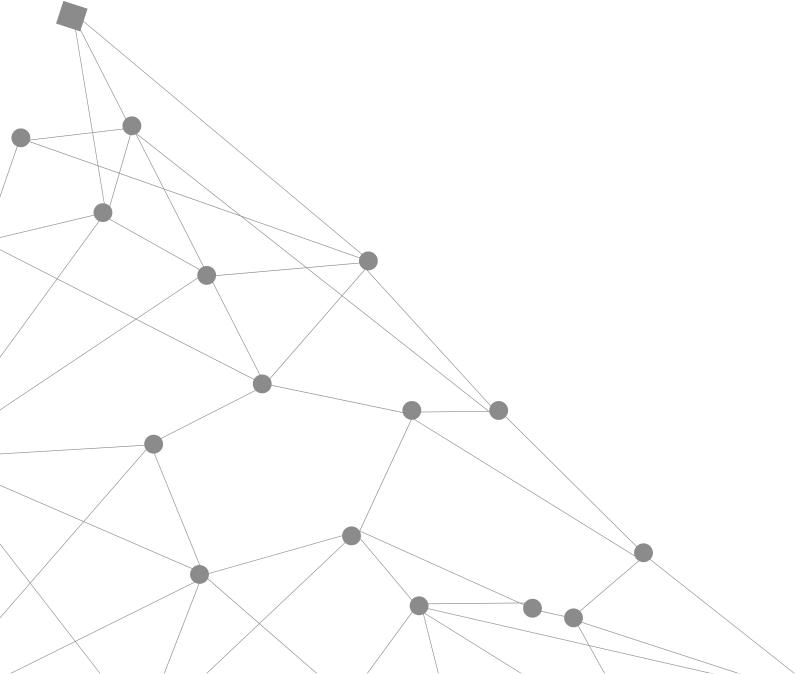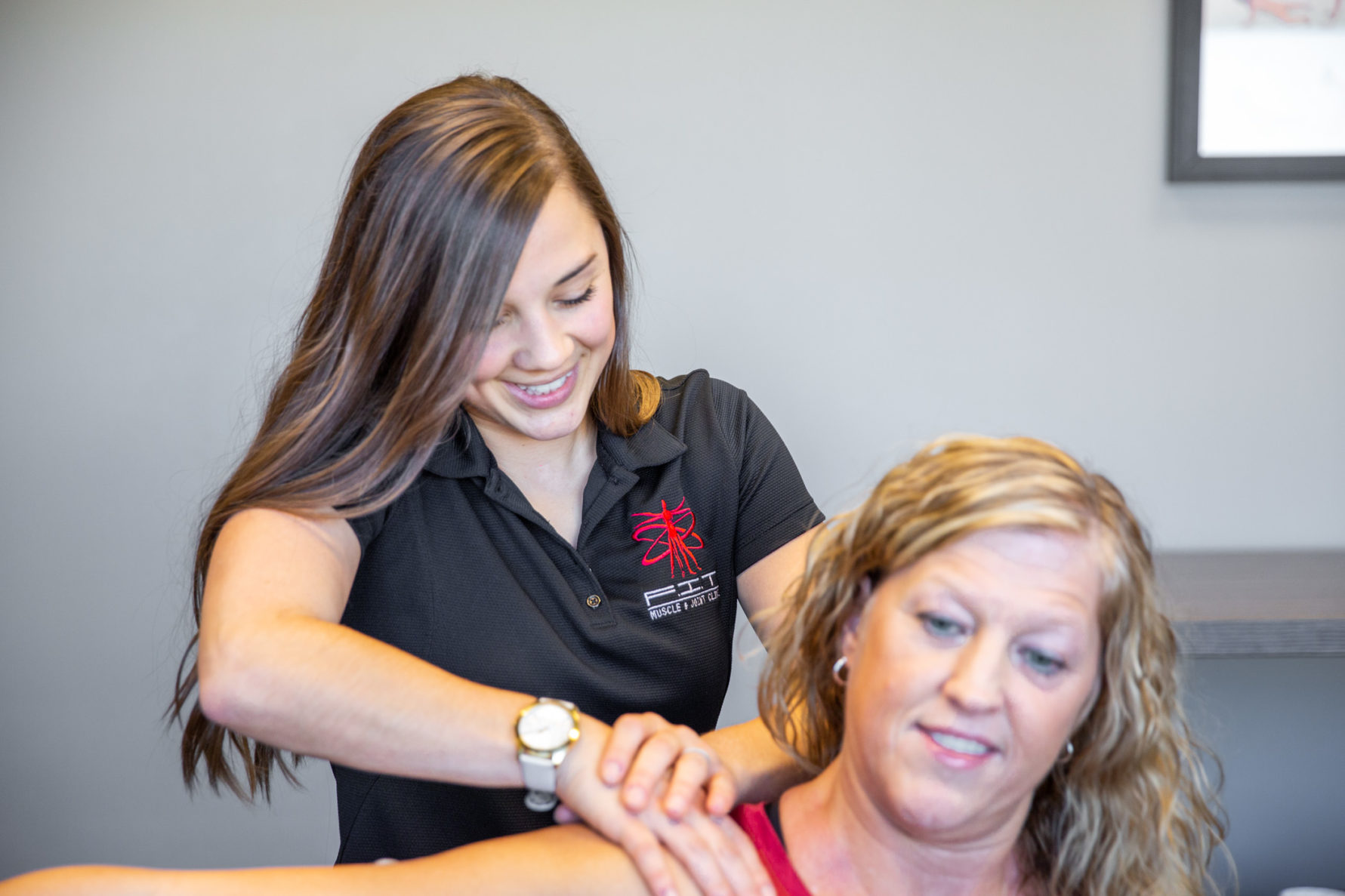Physical Therapy for Rotator Cuff Tears in Kansas City
Rotator cuff tendonitis develops over time as an acute injury becomes increasingly irritated.
The rotator cuff consists of 4 main small muscle groups that provide stability and improve the overall function of the shoulder. The muscles include the infraspinatus, teres minor, supraspinatus, and subscapularis. Each muscle or muscle groups have a different function within the shoulder.
Rotator cuff tendonitis occurs when there has been irritation to the tissue that leads to inflammation of the tendon. This causes abnormal shoulder movement and compensations that further creates dysfunction within the shoulder joint. Rotator cuff tears can be caused by a traumatic injury, such as a fall. Non-traumatic causes of a rotator cuff tear are age-related degeneration of the tendon or chronic irritation to the tendon over time. Repetitive overhead activity or lifting is a common cause of non-traumatic rotator cuff tears.
Rotator cuff tears can be either partial thickness or full thickness. Full thickness rotator cuff tears will require surgery to correct the tear, but partial thickness tears are often successfully treated conservatively with physical therapy in Kansas City.
Rotator Cuff Tear Symptoms
- Inability to lift the arm overhead
- Shoulder weakness
- Pain with arm elevation
- Pain in the shoulder at rest or night time
- Lack of range of motion
- Popping or clicking in the shoulder
Treatment for rotator cuff tears & tendinitis
Physical therapy for rotator cuff tears & tendinitis in Kansas City from F.I.T. Muscle & Joint Clinic include soft tissue therapy to the surrounding area. Biomechanical correction of joint movements and proper strengthening of the rotator cuff is necessary to improve function.
Post-surgical treatment for rotator cuff tears
Post-surgical physical therapy for a rotator cuff tear will typically begin anywhere from 1 to 4 weeks after surgery. Initial treatment will include passive range of motion, as well as patient education on management of pain and swelling. Treatment will progress to assisted range of motion and then active range of motion, with the goal of restoring full motion of the shoulder. Once that has been achieved, we can begin strengthening the should to regain daily function. Your treatment will be tailored to your individual needs, whether it be for your job or return to sport. Typical return to normal daily activities occurs within 16 to 20 weeks, and full return to sport can take between 6 to 9 months.
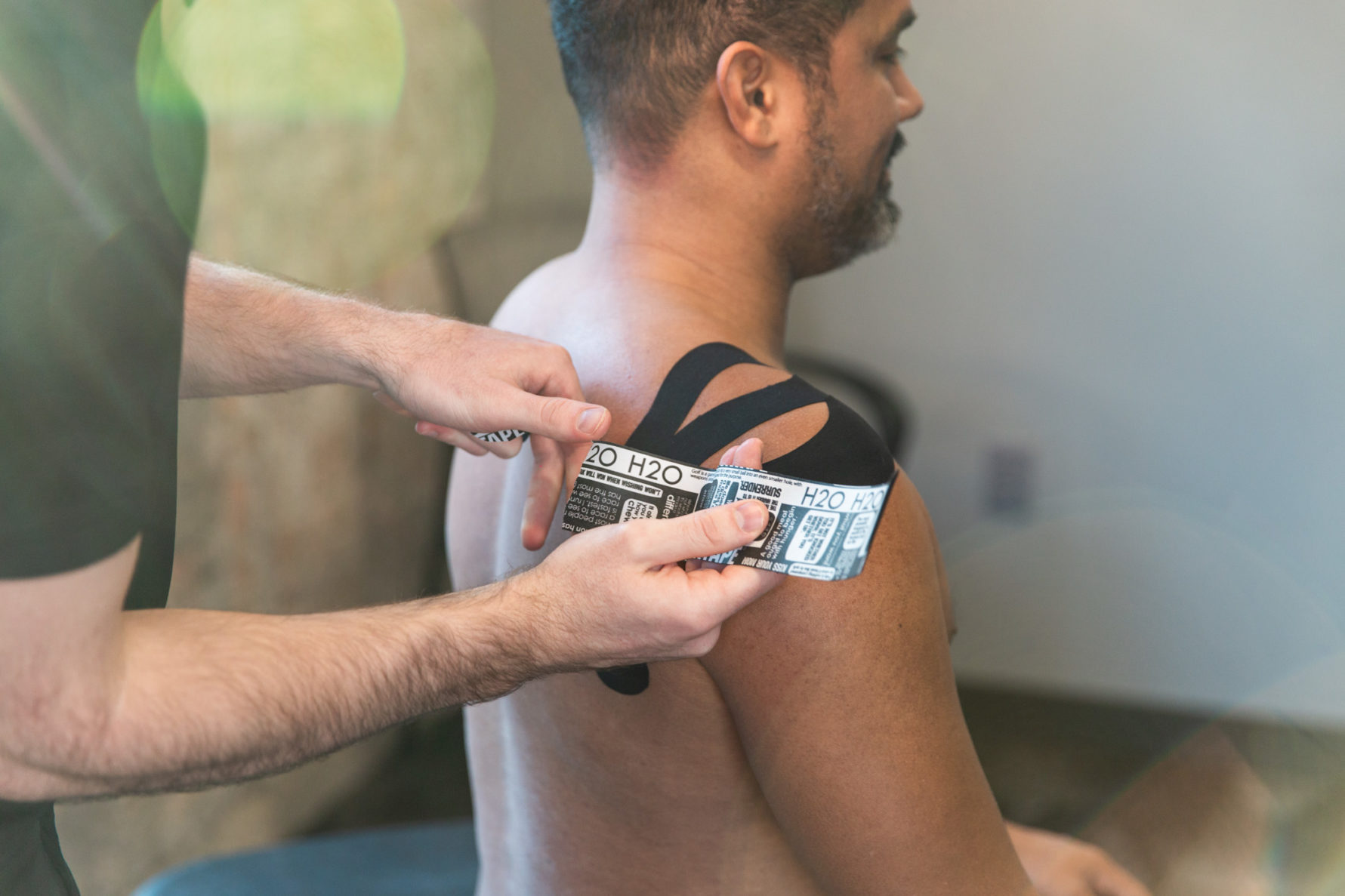
Our Treatment Process
F.I.T. Muscle & Joint Clinic utilizes various soft tissue techniques, including ART, graston, and dry needling for relief of pain and to reduce inflammation that develops around the rotator cuff muscles. These soft tissue physical therapy treatments are then complemented with individualized rehabilitative exercises to provide lasting results.
Post-operative rotator cuff physical therapy in Kansas City is carefully guided by our experienced physical therapists to return you to daily activities and optimal sports performance.
Treatments for rotator cuff tears
For post surgical care, check out our chiropractic services for rotator cuff tears.
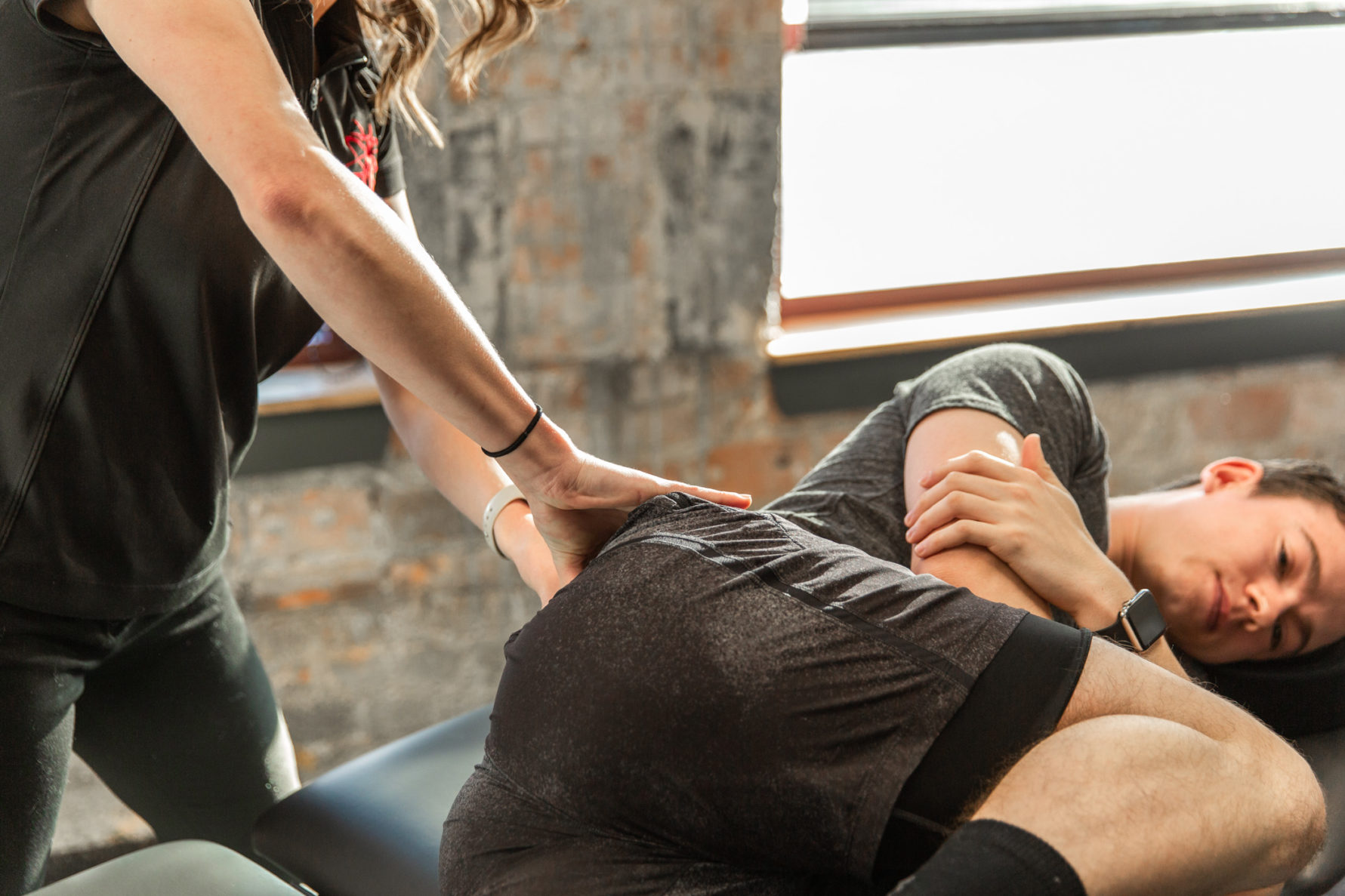
Active Release Technique
Active Release Technique (A.R.T) is one of the leading soft tissue therapies for the treatment of muscles, tendons, ligaments, fascia and nerves.
Learn More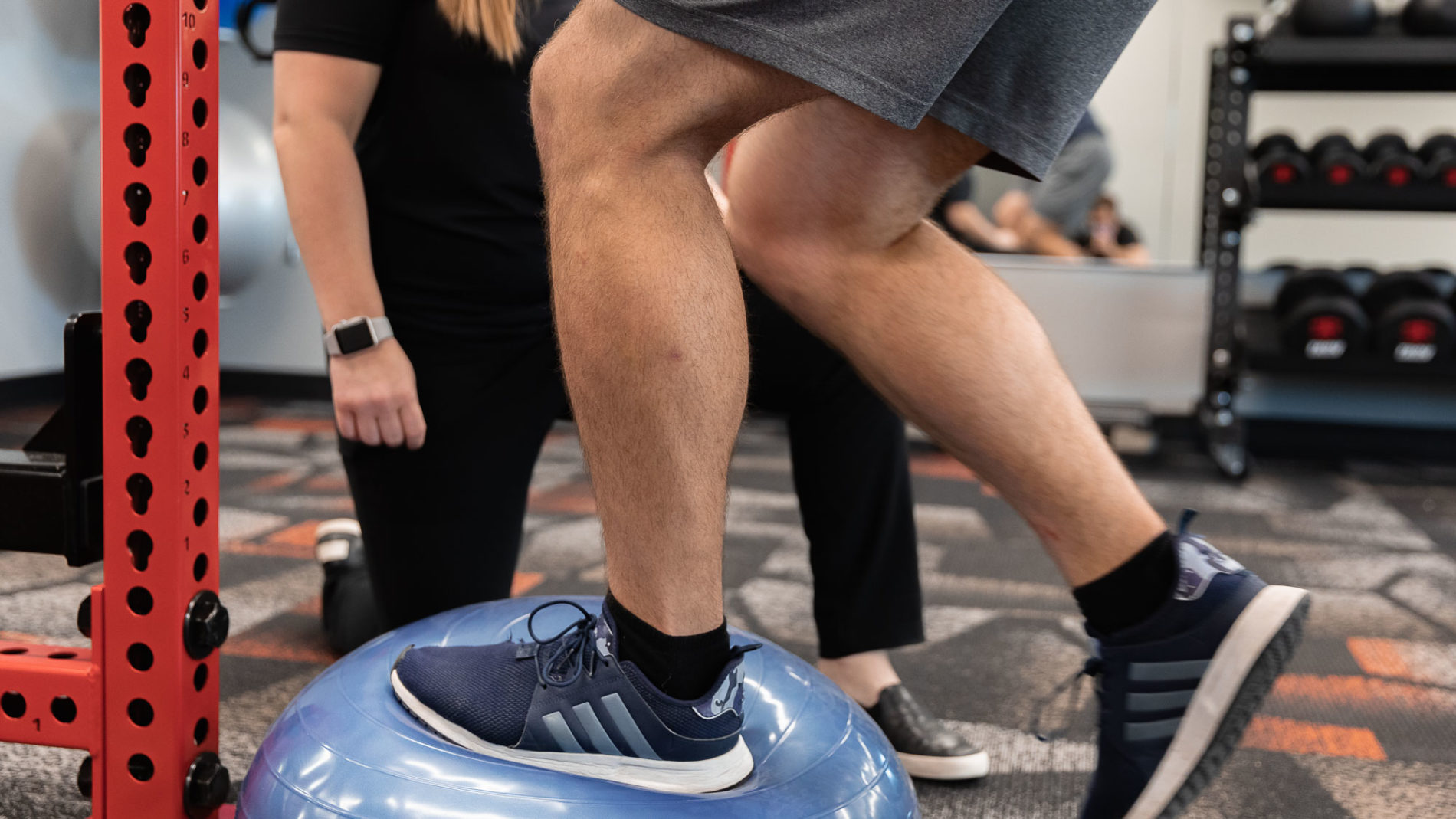
Rehabilitation Exercises
Physical Therapy Rehabilitation Exercise that favors quality movements over quantity of reps is key to restoring proper function.
Learn More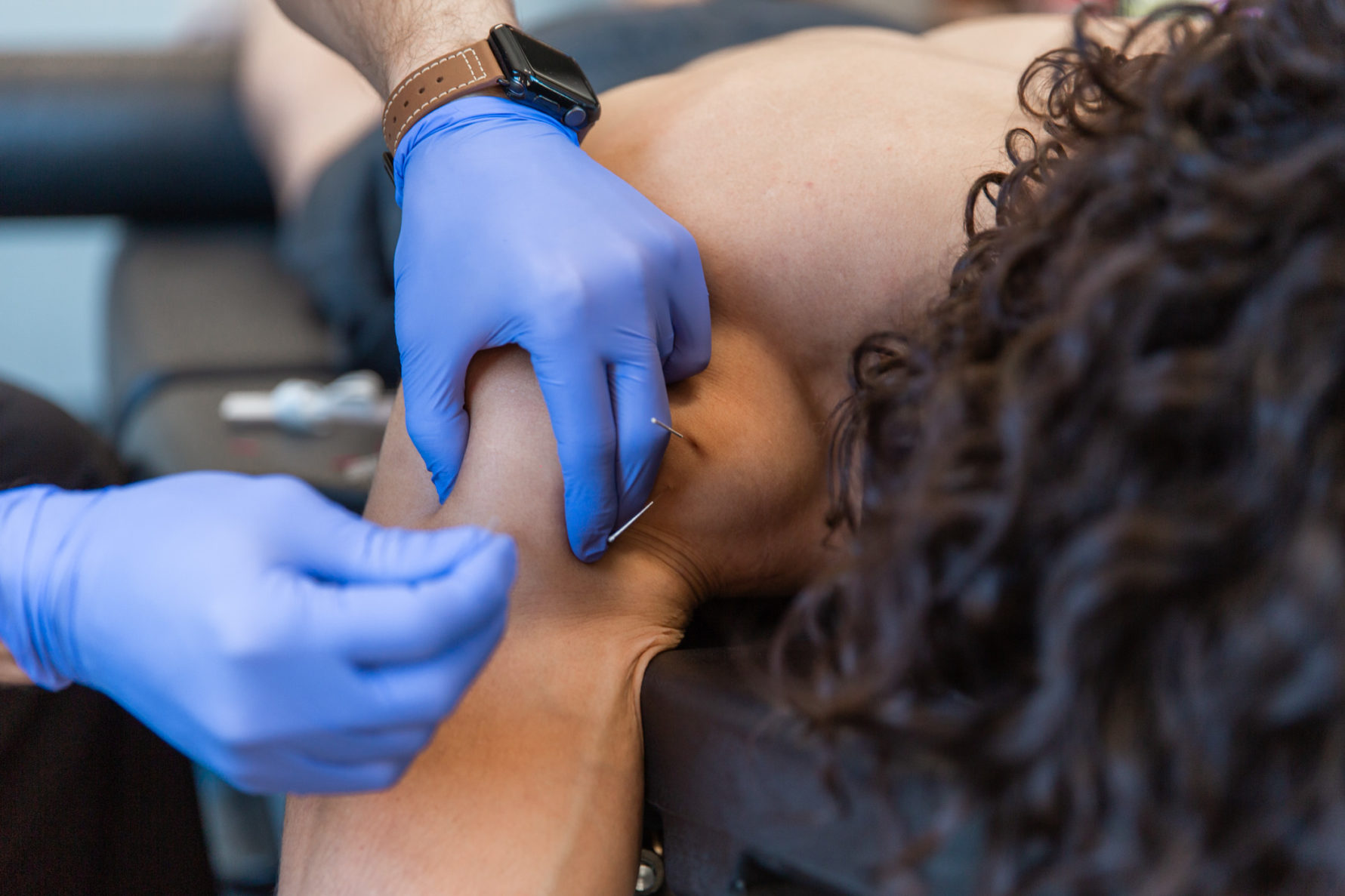
Dry Needling
Dry Needling is the process of using a thin needle inserted into a trigger point to relieve a contracture within a muscle.
Learn MoreFrequently Asked Questions
What's the process for rotator cuff recovery?
You surgeon will give you instructions on when to start physical therapy, usually 2 to 4 weeks following surgery. Physical therapy starts with passive range of motion in which your therapist helps you stretch your shoulder to regain mobility. Once the tissue has had ample time to heal, we can start beginning to strengthen the shoulder and arm and incorporating functional exercises to make you better than before.
Do you have any rotator cuff surgery recovery tips?
Listen to your surgeon and your physical therapist. Follow their instructions and your recovery will be much more effective.
Are you suffering from a tear?
Take a couple of minutes to tell us about your symptoms and pain areas. Prefer to chat over the phone? Call us for a free phone consultation.
Visit your local F.I.T. Physical Therapist
Meet the team at any of our 5 locations: Lee’s Summit, Crossroads, Blue Valley, Overland Park & Shawnee.
